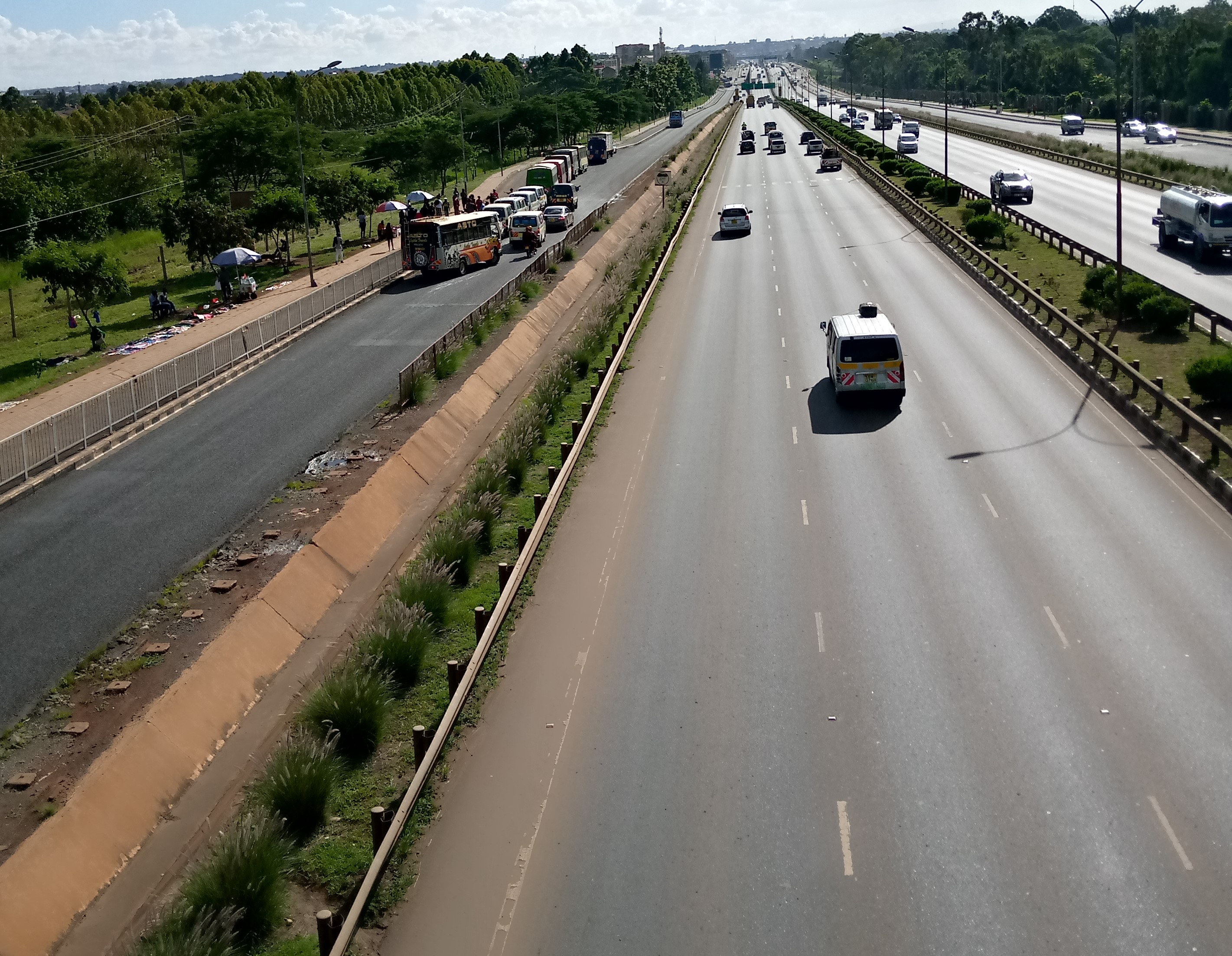According to Sustainable Development Goals knowledge platform, RIO agenda also known as Agenda 21 is a Declaration on Environment and Development which also contains the statement of principles for the sustainable management of forests.
This declaration was adopted by 178 countries who congregated at the United Nations Conference on Environment and Development (UNCED) which was held in Rio de Janeiro, Brazil, on 3rd to 14th June, 1992.
On December 1992 the Commission on Sustainable Development was established with of the objective of following up on the implementation of the agreements of UNCED at all levels of government.
Agenda 2030 also known as Sustainable Development Goals (SDGs) contains all the goals set out in Agenda 21. SDGs is made up of 17 goals which were agreed upon in 2015.
Challenges
- There is a fragmented approach towards implementing the Rio Agenda because sometimes policies at the national and international levels do not integrate environmental and development issues;
- Lack of integrated national plans and policies as well as approaches in many fields as well as in sustainable development.
- Lack of security of land tenure has affected the implementation of Rio Agenda
- Depleting of forests is a challenge for achievement of Agenda 21 in developing countries. This challenge is caused by rapid economic growth and demand for fuel and food;
- Scarce water resources due to droughts and water pollution is a challenge for implementation of Agenda 21.
- Poor countries are experiencing challenges in gathering and analyzing accurate data to inform the implementation of Rio Agenda; for instance there is no inventories of natural resources and effects of climate change and hence reporting from some of these poor countries is uneven;
- Lack of coordination among national ministries, Departments and agencies was noted as one of the challenges in implementing Agenda 21 or Rio Agenda;
- lack of appropriate legal frameworks is a common sight in many poor countries;
- Poor coordination between government, Civil Society Organizations and the private sector is a common occurrence in the poor countries and hence a barrier to implementing Agenda 21;
- Lack of commitment and vision by the leaders of the poor countries is a barrier to achieving the mission of Rio Agenda;
- Gender inequality in the national plans and budgets is a challenge facing the implementation of Rio Agenda;
- Lack of awareness, poverty and illiteracy is a challenge in the implementation of Sustainable Development Goals; and
- Failure to consult stakeholders at the national level before signing international agreements is a challenge towards implementation of Rio Agenda; It is difficult to put into action these international instruments because many people in the poor countries are not aware and if they are aware, they do not know how to go about it;
References
The National Academies Press (2002). Down to Earth: Geographic Information for Sustainable Development in Africa.


